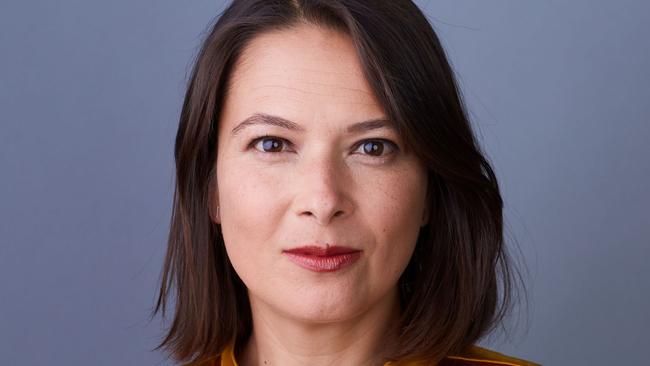UNSW’s anti-China censorship ‘deeply worrying’
The University of New South Wales is facing criticism over the deletion of an article critical of China’s human rights record.

A UNSW law academic whose criticisms of China’s human rights record were pulled offline by the university — after a backlash from Beijing — says it is “deeply worrying” Australian higher education institutions are self-censoring.
Australian Human Rights Watch director Elaine Pearson, an adjunct lecturer at the university, had her comments on China’s conduct in Hong Kong made online and later posted to social media platform Twitter pulled on Friday.
Before deleting the post linked to Ms Pearson’s comments, UNSW added the disclaimer that “the opinions expressed by our academics do not always represent the views of UNSW”.
“We have a long and valued relationship with Greater China going back 60 years,” it added.
That post has now been removed, and Ms Pearson’s original comments made on the university’s website have returned.
On Monday, Ms Pearson said it was a “deeply worrying” incident.
“Universities are the bastion of free speech and academic freedom,” she told The Australian.
“This is not just something with UNSW. There’s been lots of concerns at Australian universities around academic freedom, and particularly around Chinese government threats to that.
“Clearly those pro-CCP supporters feel they can bully the university into censoring certain views. I think the university needs to make it very clear that is absolutely not negotiable and that academic freedom is very important to Australian universities.” s
Education Minister Dan Tehan on Monday refrained from criticising UNSW but said in a statement about the incident that “freedom of speech is a pillar of our democracy … Universities should be institutions that protect freedom of speech, debate and the challenge of ideas.”
Ms Pearson’s comments — in which she urged countries to “call out the Chinese government for what they are doing” to Hong Kong — were met with a significant backlash from China.
“Although the article was soon deleted, students who are still outraged have said the university’s behaviour brings ‘shame to Chinese students’ and demanded an apology,” the Global Times reported at the weekend.
The Global Times has aggressively countered any criticism of Chinese foreign policy, most recently threatening that if Australia “insists on going on the current path (on the South China Sea), the possibility that China will take strong countermeasures cannot be ruled out”.
“If the university maintains its tough stance, I will quit the school instead,” one student, who went by the pseudonym Lin Xia, told the publication.
The incident has led to serious criticisms of UNSW from both Coalition and Labor MPs.
Liberal MP Tim Wilson said it was “cowardice for an Australian university to delete and qualify content because of anger from the Chinese Communist Party”.
“They’d never would or should do the same from protests of our own government, and it’s absurd to think they’d do it for a foreign authoritarian regimen,” he said.
Labor senator Tony Sheldon said on Twitter: “How can UNSW call itself a university if they allow this to happen. When respected voices like (Ms Pearson) and (Human Rights Watch) are being censored, we have a big problem.”
UNSW has a significant number of international students from China — almost 70 per cent of all overseas enrolments.
In a lengthy statement on Sunday, a UNSW spokeswoman said the university had decided to remove the Twitter posts because “they were not in line with out policies … The views of an academic were being misconstrued as representing the university.
“UNSW protects academic freedom and freedom of speech, respecting the right of academics and others to express their views within the law.”
Australia has angered Beijing after offering a streamlined visa process for Hong Kong residents who want to immigrate, after China thrust a new national security law on the city, making even peaceful protests illegal. It also allows mainland Chinese security and intelligence agents to officially operate in Hong Kong.



To join the conversation, please log in. Don't have an account? Register
Join the conversation, you are commenting as Logout